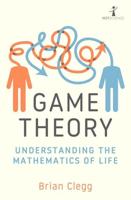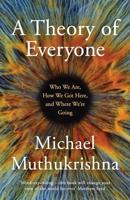Publisher's Synopsis
What is the origin of game preferences and payoffs, how are they aggregated and what are the implications of interdependent preferences? What is the importance of information for building game models? How can game models be used to analyse empirical cases?
At the cutting edge of current modelling in international relations using non-cooperative game theory, this collection of original contributions from political scientists and economists explores some of the fundamental assumptions of game theory modelling. It includes a theory of game payoff formation, a theory of preference aggregation, thorough discussions of the effects of interdependence between preferences upon various game structures, in-depth analyses of the impact of incomplete information upon dynamic games of negotiation, and a study using differential games. Numerous illustrations, case studies and comparative case studies show the relevance of the theoretical debate. The chapters are organised to allow readers with a limited knowledge of game theory to develop their understanding of the fundamental issues.
Containing theoretical discussion of the basic game theory assumptions - as well as means of going beyond them - Game Theory and International Relations will be welcomed by all those interested in the empirical application of game theory models in international relations.











